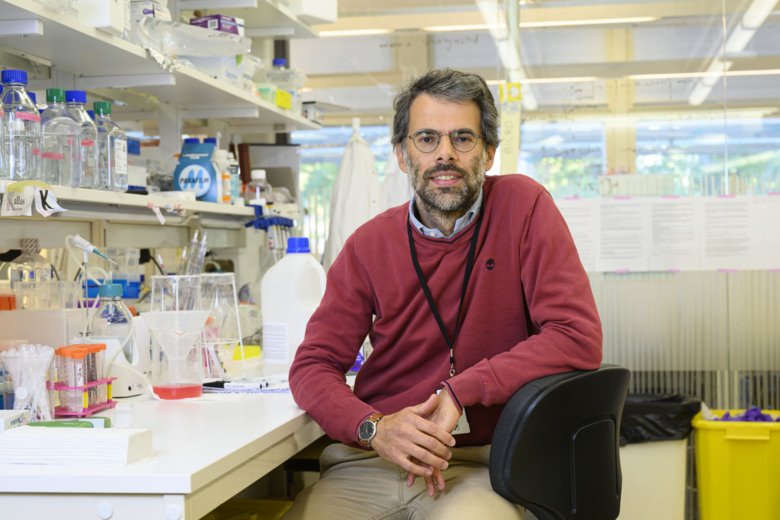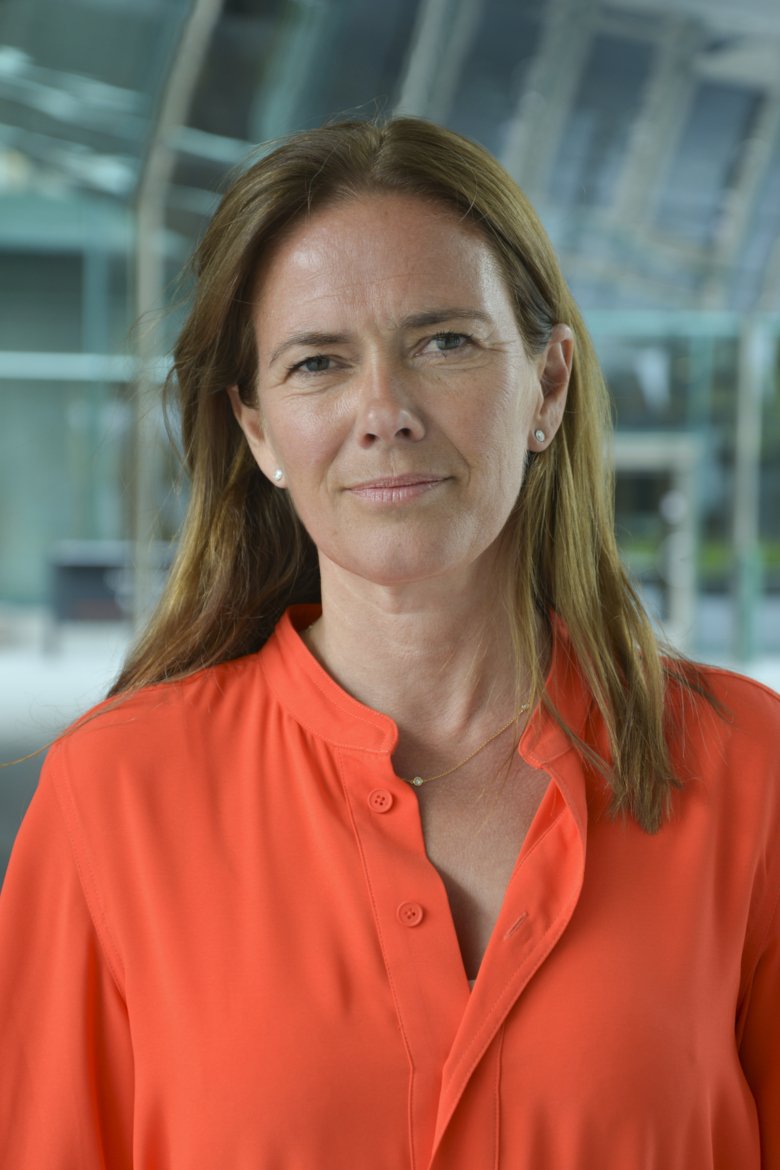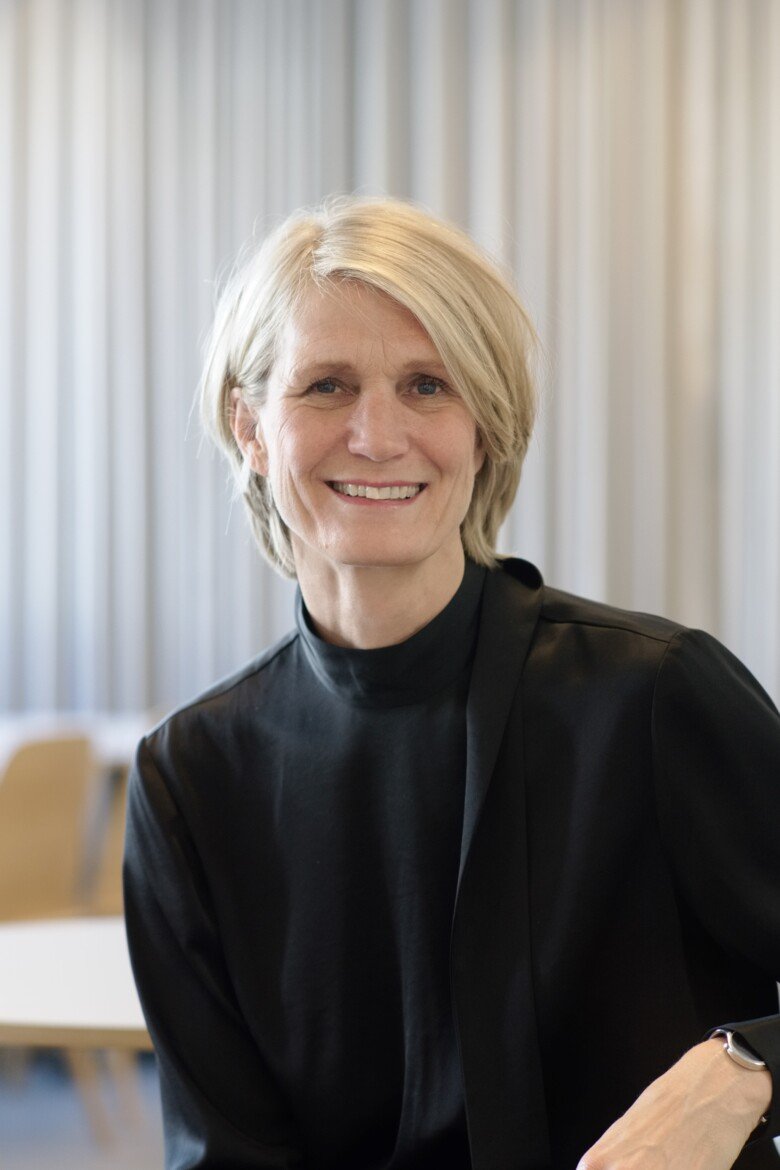SEK 320,000 to Nicola Crosetto for the development of mass tests aiming to map the novel coronavirus

The pharmaceutical company Chiesi donates SEK 320,000 to a research project at Karolinska Institutet to develop a new method for large scale COVID-19 tests. The goal is to be able to follow the development of the virus in populations and community groups. The project is led by Nicola Crosetto, researcher at the Department of Medical Biochemistry and Biophysics.

Today, there is a lack of knowledge about how quickly or slowly the new coronavirus changes through mutation. This knowledge is needed to, among other things, develop an effective vaccine. The aim of the research project is to develop and evaluate a cost-effective test method for tests on a large scale. This in turn helps scientists track the virus's development in populations and community groups.
"The donation from Chiesi is of great importance in order to be able to conduct research in a medical area that is very acute for the world today, the fight against COVID-19," says Jenny Löhr, Head of Unit at the Development Office at Karolinska Institutet.
The virus’s mutation provides insight into how a vaccine can be designed

Testing a large number of people who have previously been confirmed to have COVID-19 gives a clear signal of how the virus is changing. For example, many unchanged samples indicate that the virus is stable. This knowledge is needed to better understand how a vaccine can be designed.
"The information that the project can generate is important in the development of new effective treatments. I am therefore very pleased that we can support the project," says Nina Herne, Head of Chiesi's Research Department.
